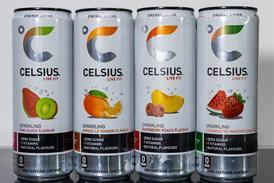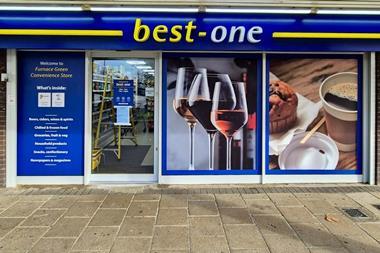Government unveils ‘Mini-Budget’ measures including tax cuts
By Aidan Fortune2022-09-23T13:40:00

The retail sector welcomed the measures in the ‘Mini-Budget’ but called for more long-term action
ALREADY HAVE A REGISTERED USER ACCOUNT? PLEASE LOG IN HERE
To read the full story join the ConvenienceStore.co.uk community today!
Registration is quick and easy and provides access to:
- Unlimited ConvenienceStore.co.uk articles
- Our great range of newsletters
- Content you’ve saved for later via the ‘my library’ feature
And much more…
More from News
Unlimited Access + Newsletters
Register today to gain unlimited access to articles and to receive our great range of email newsletters.






























